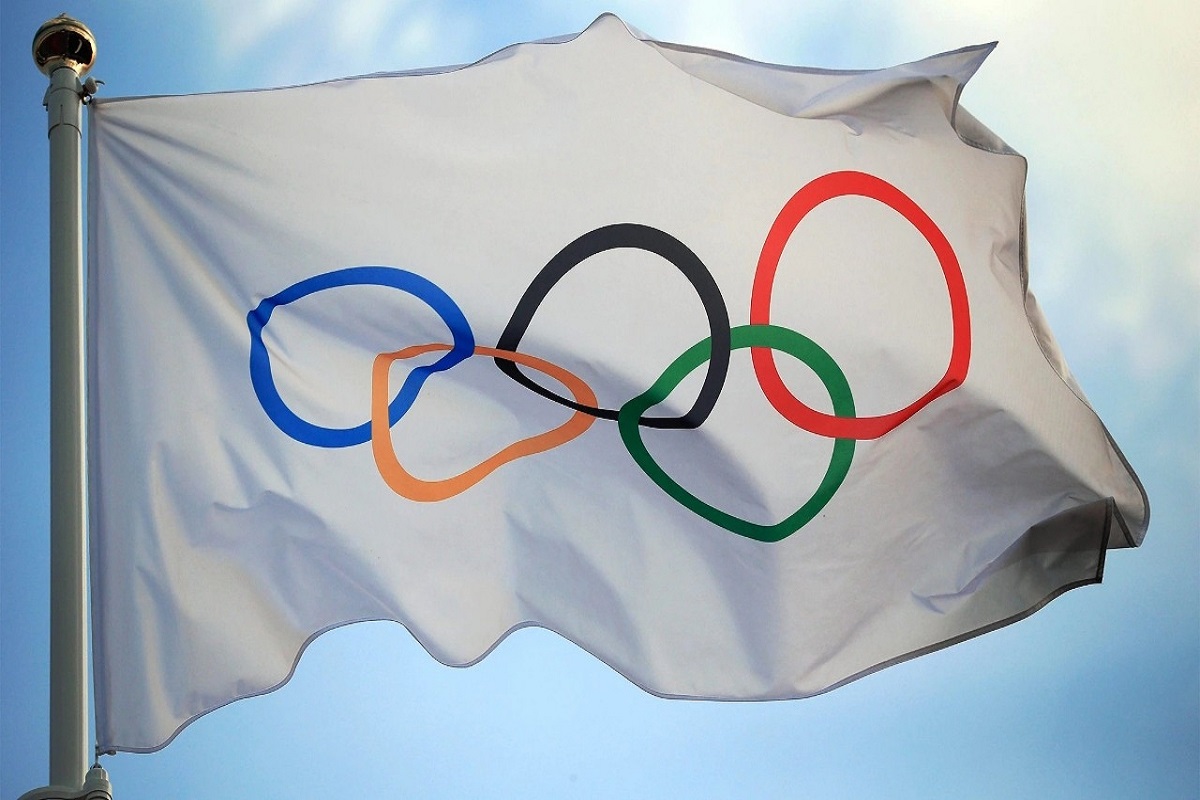What will be the Indian Olympic Association that PT Usha, the first woman in the role, is to lead? There, of course, are those who point at the obvious: if Usha is not to be the poster girl of the country’s elaborate enterprise around Olympic sport, with quadrennial efforts and assessments in continental and global events, who else can it be?
But the opinion gets no unchallenged walkover,with the contrarian thinking suggesting that the Payyoli Express of yesteryear might not even have rolled out of the station, let alone roar up to its destination, if she, all her international accomplishments notwithstanding, were not a ruling party member of the Rajya Sabha too.
Advertisement
This implies a political bias in the way the IOA has been reorganised with a judicially approved new constitution, reducing the state units across the land to an allegedly diminished existence as mere associates without any controlling authority, leaving authorities to deal with the national federations of the entire gamut of sporting disciplines to arrive at decisions, making things simpler than ever before.
And there, says the dissentient voice, is the rub: if the state associations are stripped of their traditional, watch-keeping role, how will grassroots monitoring be undertaken and accomplished?
A fair point, this, perhaps, though questions about the efficiency, honesty and the success percentage, or the lack of them, will surely be asked if and when a countrywide debate begins.
An up and coming athlete sniffing serious competitive exposure is indubitably better off representing a state association which can set up facilities, guide her and give her the impetus to rise to what is nowadays said to be the next level, rather than a top-heavy federal entity bereft of virtually any links with the elementary levels.
How the all-powerful supreme authority will deal with so many aspirants from so many games without exposing itself to the usual cornucopia of charges Indian sport is all too familiar with may be another area of darkness, making at least the initial years of the new experiment full of pitfalls.
We could end up thinking that the medicine is worse than the disease, but inherent in that conclusion would be the acknowledgment that India’s Olympic sport was indeed afflicted with a very debilitating illness.
If the IOA is now all but taken over by any political party, how the institution left itself enfeebled after years of unceasing faction feuds is a point worth pondering. Years of sloth, corruption and misuse o power pushed it to the brink where the state units simply clammed up when they found themselves dwarfed.
Was it because many of these were Opposition- controlled? If so, it is ridiculous for politics to oppose politics. Two wrongs, of course, do not make one right but to pound the drum of ethics in adversity, having plugged the ears when the going was good, is to mistake the people for fools. It will not do.









